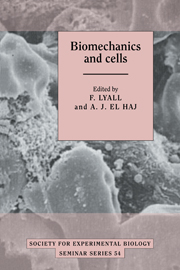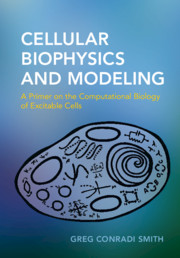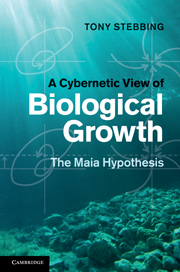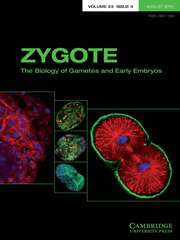Biomechanics and Cells
Although the effects of exercise and mechanical forces on musculoskeletal and cardiovascular systems have been well documented, the actual mechanisms by which mechanical forces act at the cellular level are not well understood. At present, studies of the interaction of mechanical forces with cells encompass many different cell types in various tissues. This volume draws together these apparently disparate observations and makes comparisons between the nature of cellular responses in different tissues. Studies of cells derived from skeletal muscle, bone and cardiovascular tissue are considered to provide a comprehensive synthesis and review of recent work. The volume will be of interest to all those working in musculoskeletal and cardiovascular biology, as well as those taking courses in exercise and sport science, biomechanics and orthopaedics.
- The first book to compare and synthesise the results of a range of apparently disparate studies on mechanical interactions with cells
- Considers the effect of various forces on a range of different tissue types
- Presents a unique cellular approach to the understanding of biomechanics
Product details
June 2009Paperback
9780521114547
288 pages
229 × 152 × 16 mm
0.43kg
75 b/w illus. 5 tables
Available
Table of Contents
- Preface
- Part I. Soft Tissue:
- 1. Signal transduction in vascular cells exposed to cyclic strain
- 2. Effects of pressure overload on vascular smooth muscle cells
- 3. Effect of increased flow on release of vasoactive substances from vascular endothelial cells
- 4. Modulation of endothelium derived relaxing factor activity by flow
- 5. Stretch, overload and gene expression in muscle
- 6. Stretch sensitivity in stretch receptor muscles
- 7. Mechanical interactions with plant cells - a selective overview
- 8. Mechanical tensing of cells and chromosome arrangement
- 9. Alterations in gene expression induced by low-frequency, low-intensity electromagnetic fields
- Part II. Hard Tissue:
- 10. Cellular modelling of mechanical interactions with the skeleton
- 11. Mechanical and hormonal influences in vivo cause regional differences in bone remodelling
- 12. Mechanically sensitive cells in bone
- 13. Mechanical stress and bone development
- 14. Applications of homogenous, defined strains to cell cultures
- 15. The role of prostaglandin in bone cells as mediators of mechanical strain
- 16. Effects of mechanical stretch on actin polymerisation in fibroblasts of the periodontium
- 17. Modulation of cartilage extracellular matrix turnover by pulsed electromagnetic fields
- Index.





